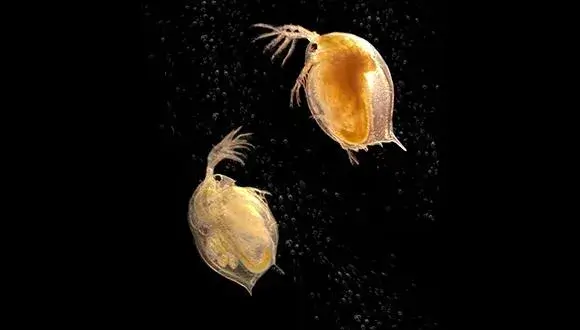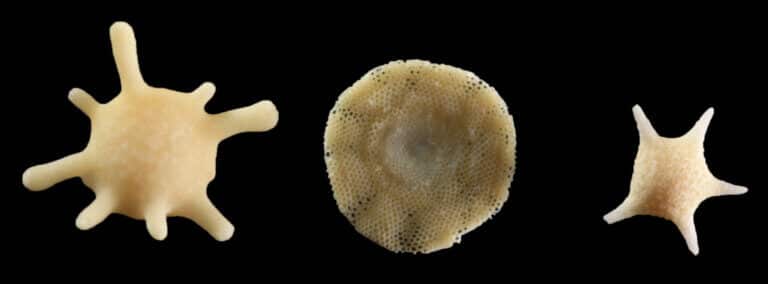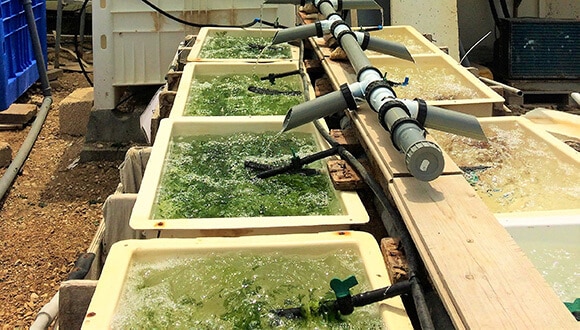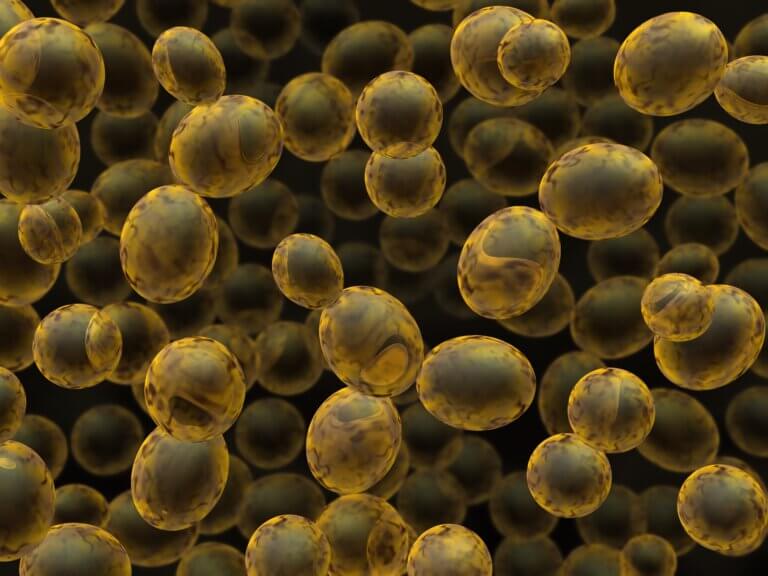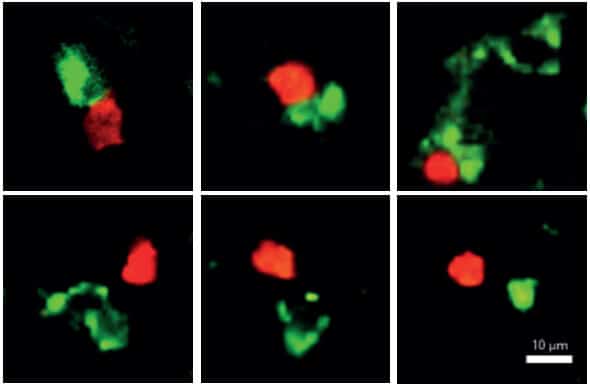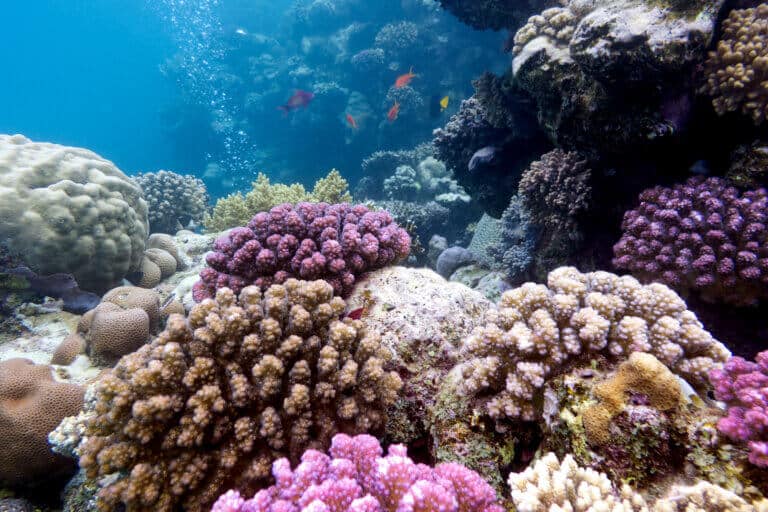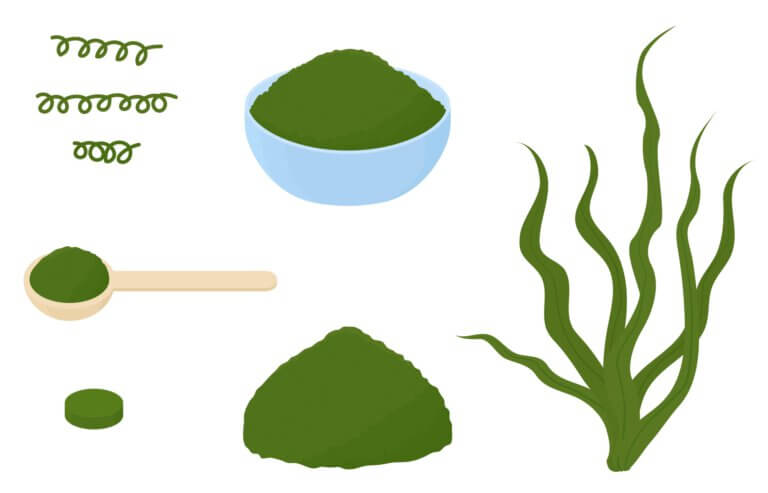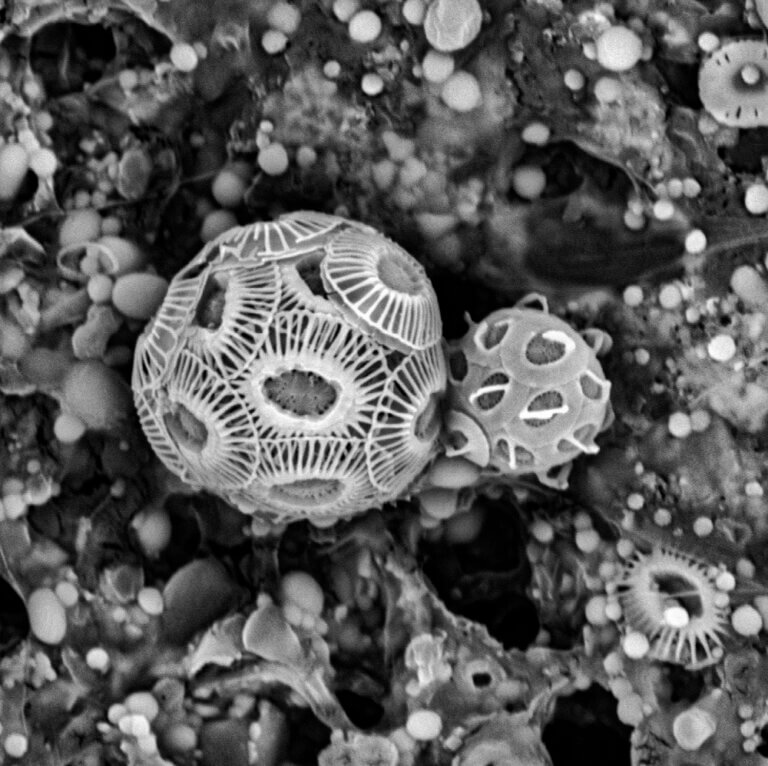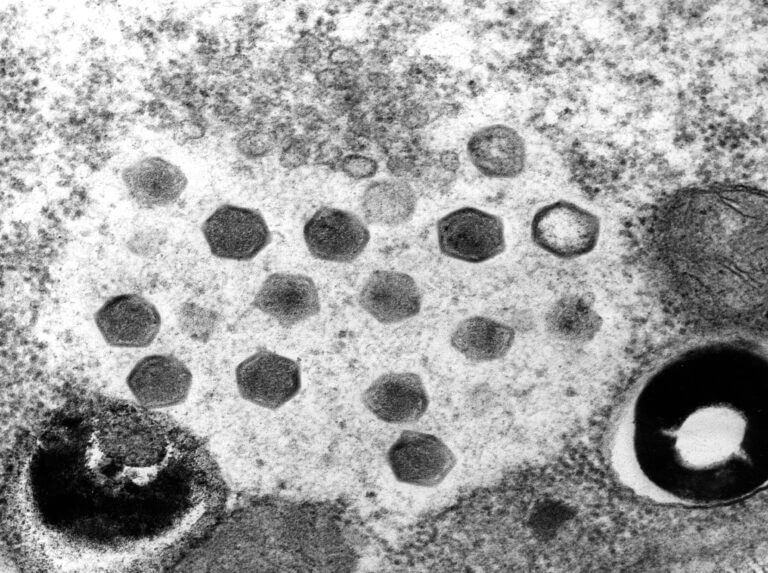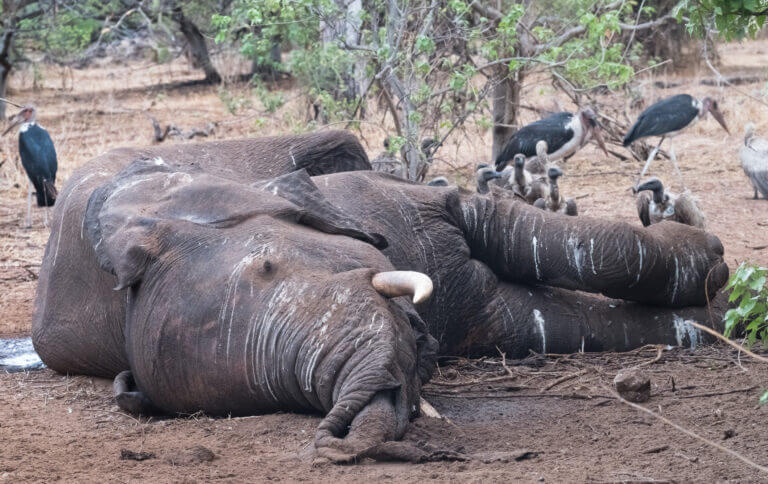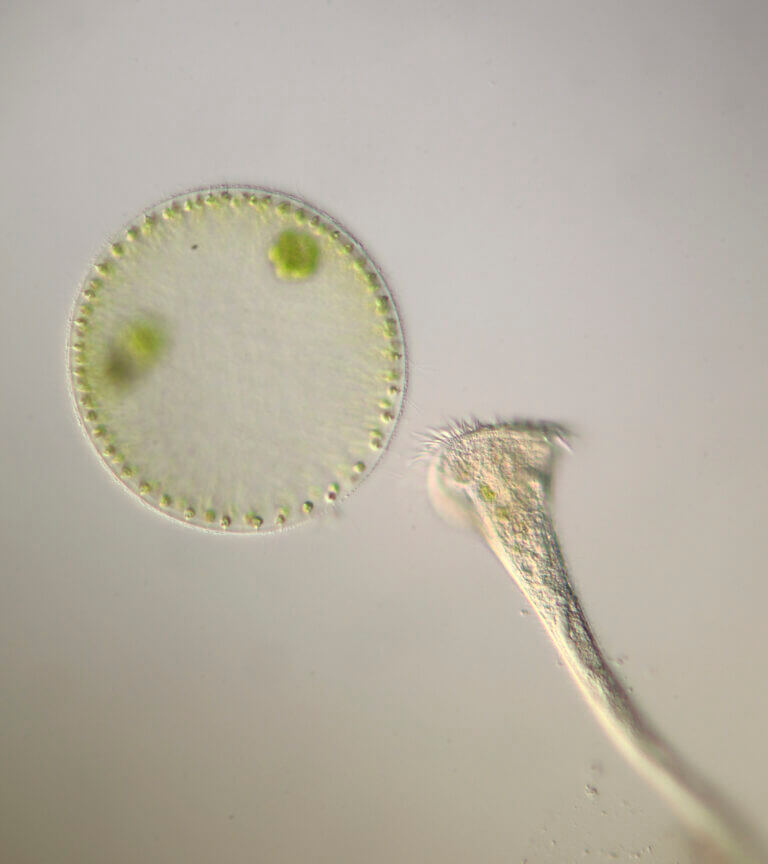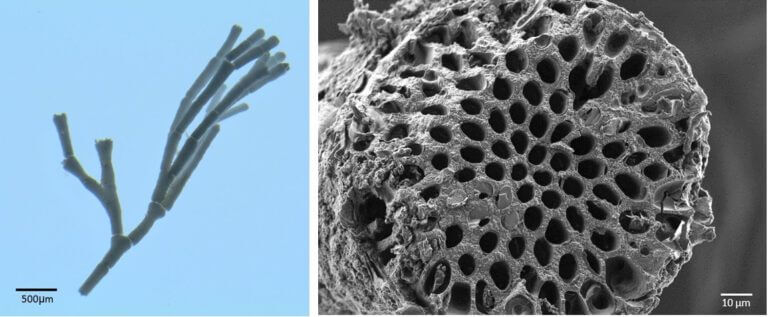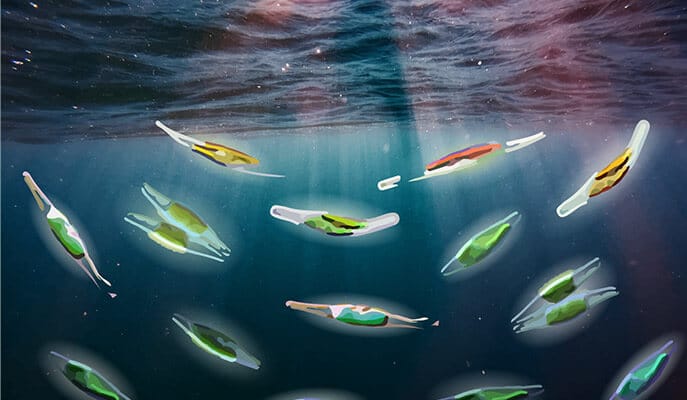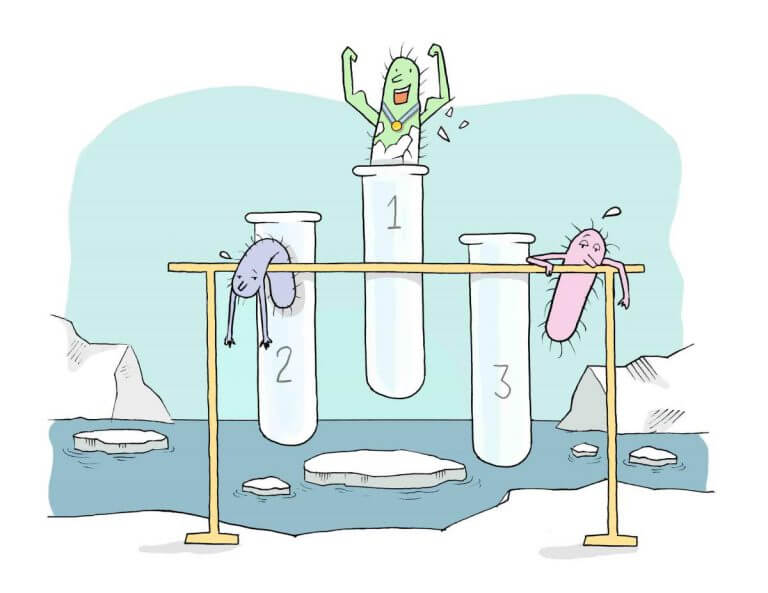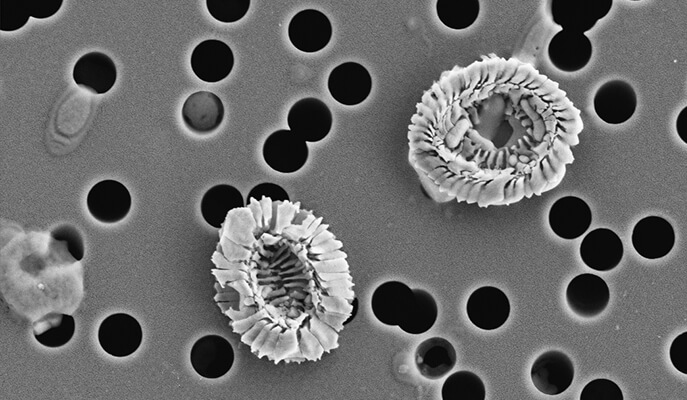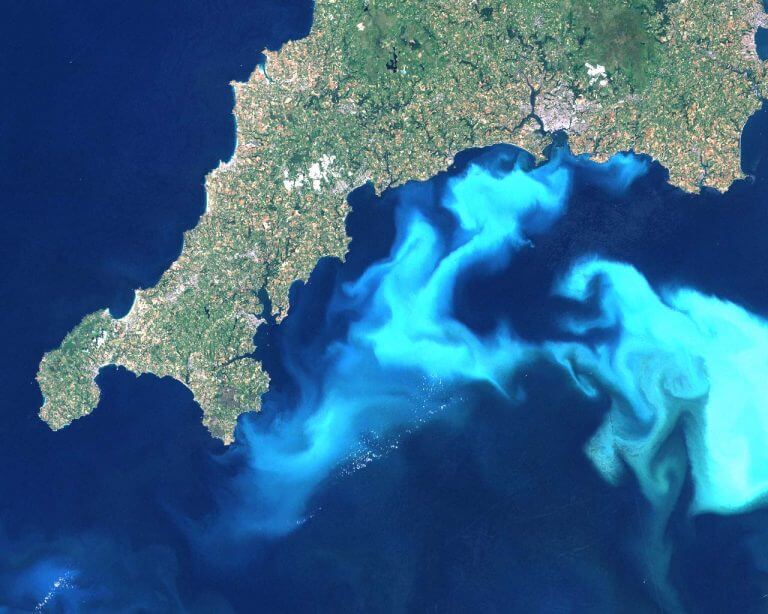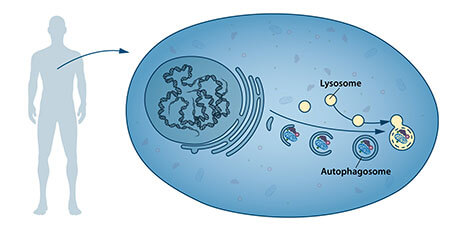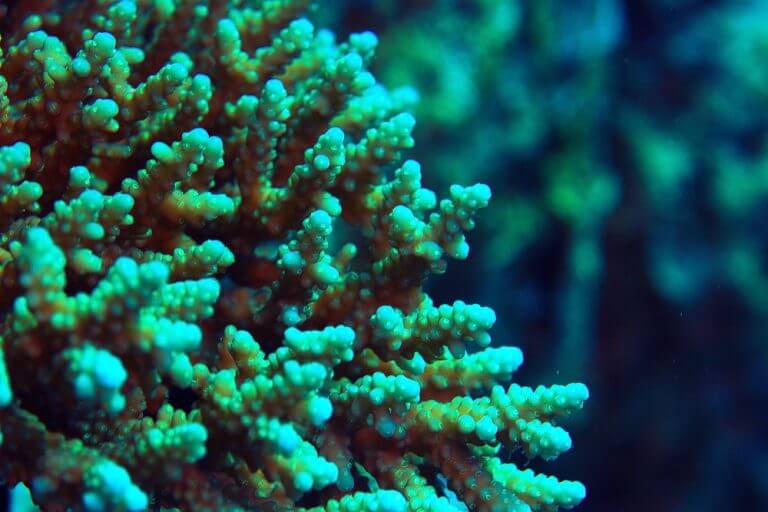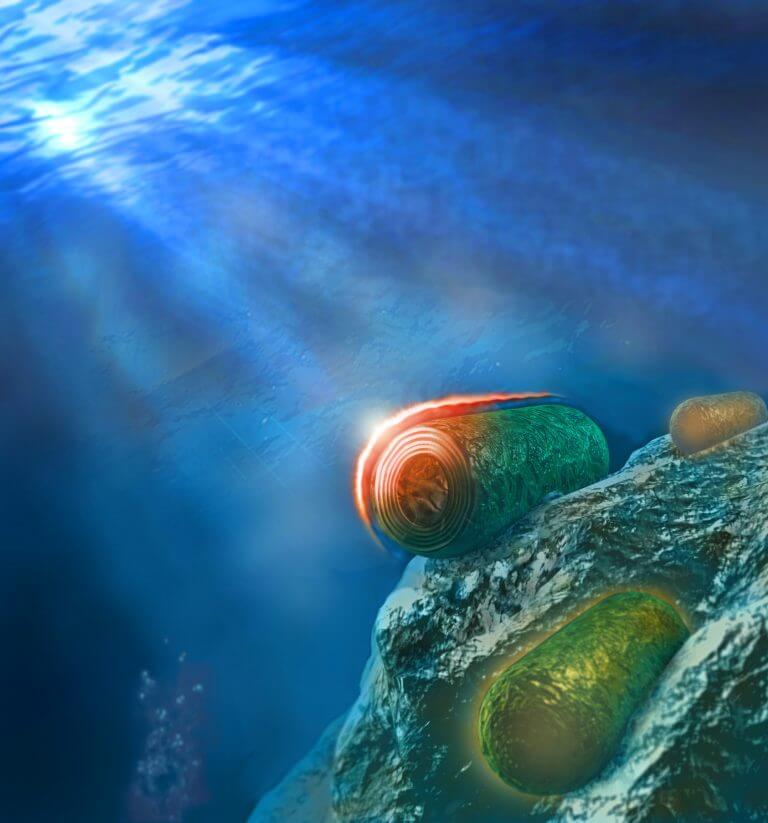Hayadan > Biology and Medicine > Evolution and nature > unicellular
unicellular
- Tel Aviv University
- August 5, 2023
New research shines a positive light on biological stigma
- The Voice of Science website - the Israel National Science Foundation
- June 28, 2023
What makes foraminifera species sensitive to heat?
- Tel Aviv University
- February 21, 2023
"Super Algae" will be used to extract natural substances and medicines from the sea
- Tel Aviv University
- December 17, 2022
The new discovery could shed light on the basic mechanisms that control sugar metabolism in other organisms, including humans.
- Weizmann Institute
- June 30, 2022
Weizmann Institute of Science scientists have uncovered a mechanism of the immune system that helps fight Candida infections
- Tel Aviv University
- June 17, 2022
A new study estimates that there is little basis for the hope that coral reefs at great depth will help the survival of corals in shallow waters
- Weizmann Institute
- April 29, 2022
When did unicellular algae become so nutritious - and how the change paved the way for an evolutionary leap
- The Hebrew University
- January 17, 2022
A new study found that a significant decrease was observed in the amount of one of the phytoplankton species in the Gulf of Eilat "You can look at this as the 'canary in the coal mine', signaling that the impact of global climate change is already evident"
- Tel Aviv University
- January 5, 2022
Intestinal worm eggs discovered in toilets from that period reveal that the upper class also suffered from infectious diseases due to poor hygiene conditions
- Angle - a news agency for science and the environment
- September 4, 2021
Is a new blue algae (cyanobacteria) accidentally discovered in the Sea of Galilee an invasive species that may harm the natural environment? Or is it actually a discovery that will enrich the ecosystem unique to the region? Israeli researchers are trying to crack the mystery
- Weizmann Institute
- March 10, 2021
- The Technion
- November 19, 2020
- No comments
According to Prof. Oded Beja, "From the genomic mapping we conducted, we concluded that the evolutionary origin of the genes is in the algae, not in the virus, and we estimate that at some point in evolution, the virus 'stealth' accelerated the genes into rhodopsins in a way that allows it to carry out some kind of manipulation related to sensing light"
- Dr. Asaf Rosenthal
- September 29, 2020
- One response
As of March, about 330 dead elephants were found in Okavango and its surroundings, the initial assumption that the elephants were killed by poachers was disproved since the elephants were not robbed. A second assumption was that the death was caused by the anthrax virus, but it turned out that this was not the cause of death either, other animals were not harmed. The authorities investigated the deaths and apparently found the culprit, Cyanobacteria.
- Ben-Gurion University
- September 8, 2020
- 3 תגובות
A study by researchers at Ben Gurion University shows that increasing the photosynthetic efficiency 3 to 10 times at light intensities similar to the intensity of sunlight, which is used in conventional growing facilities, is possible
- The Technion
- June 16, 2020
- One response
- Weizmann Institute
- August 23, 2019
- 2 תגובות
- Weizmann Institute
- May 28, 2019
- One response
- Weizmann Institute
- November 8, 2018
- 2 תגובות
- Weizmann Institute
- November 18, 2017
- No comments
- Ben-Gurion University
- June 29, 2017
- 2 תגובות
- Avi Blizovsky
- October 3, 2016
- 4 תגובות
- The Israeli Biomimicry Organization
- August 17, 2016
- One response
- Dr. Moshe Nahamani
- June 22, 2016
- 5 תגובות
- Weizmann Institute
- May 6, 2016
- One response
- The Technion
- March 31, 2016
- One response

